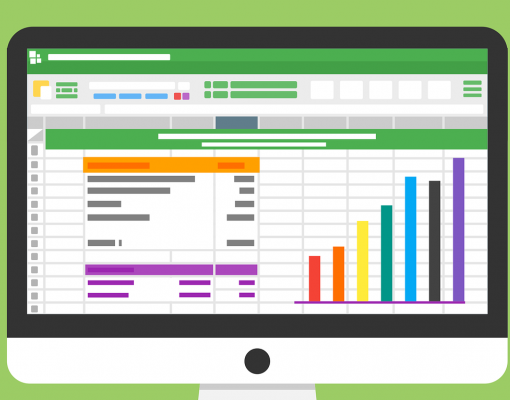
17 October 2019
In real terms this means that all AO services will need to collect the revised data from April 1st, 2020. This is likely to have significant implications for AO teams working across England.
For the last few years NHS England’s AO Expert Advisory Group has been working with Public Health England’s National Cancer Registration and Analysis Service to secure the inclusion of some Acute Oncology data items and these have now been approved for use. These data items are driven by clinical practice and will be used to -:
From research and audit NHSE are aware that many AO teams collect data routinely, but this represents a formalisation of this process. The data collected relates to all patients who are assessed ‘face to face’ (rather than by phone) and carried out by nursing or medical staff who are contracted members of the local AOS or trained by the AOS to provide appropriate levels of care and decision making on behalf of the AOS.
There are a number of data items which will need to be collected on these patients and these are:
More detail can be found in the guidance document which is located here https://www.ukons.org/site/assets/files/1224/cosd-v9-user-guidance-extract-for-acute-oncology-16092019_28403.pdf and in the AOS advice document which is also available on the UKONS website here https://www.ukons.org/site/assets/files/1224/aos-advice-cosd-v9-ao-data-items-16092019_28404.pdf
It is important that the collection of this data is carried out effectively and there may be resource implications for doing this in terms of staffing and IT support. In order to try and address these AO teams should ask themselves a number of questions, such as
The answers to these questions will help to develop a plan of action. This is important as the deadline is the end of June 2020 in time for the first upload of data.
Any queries or questions about the new COSD Acute Oncology data items should be forwarded to Catherine Donnelly (Data Work stream Lead for the AO Expert Advisory Group) at Cancerreg@tst.nhs.uk.